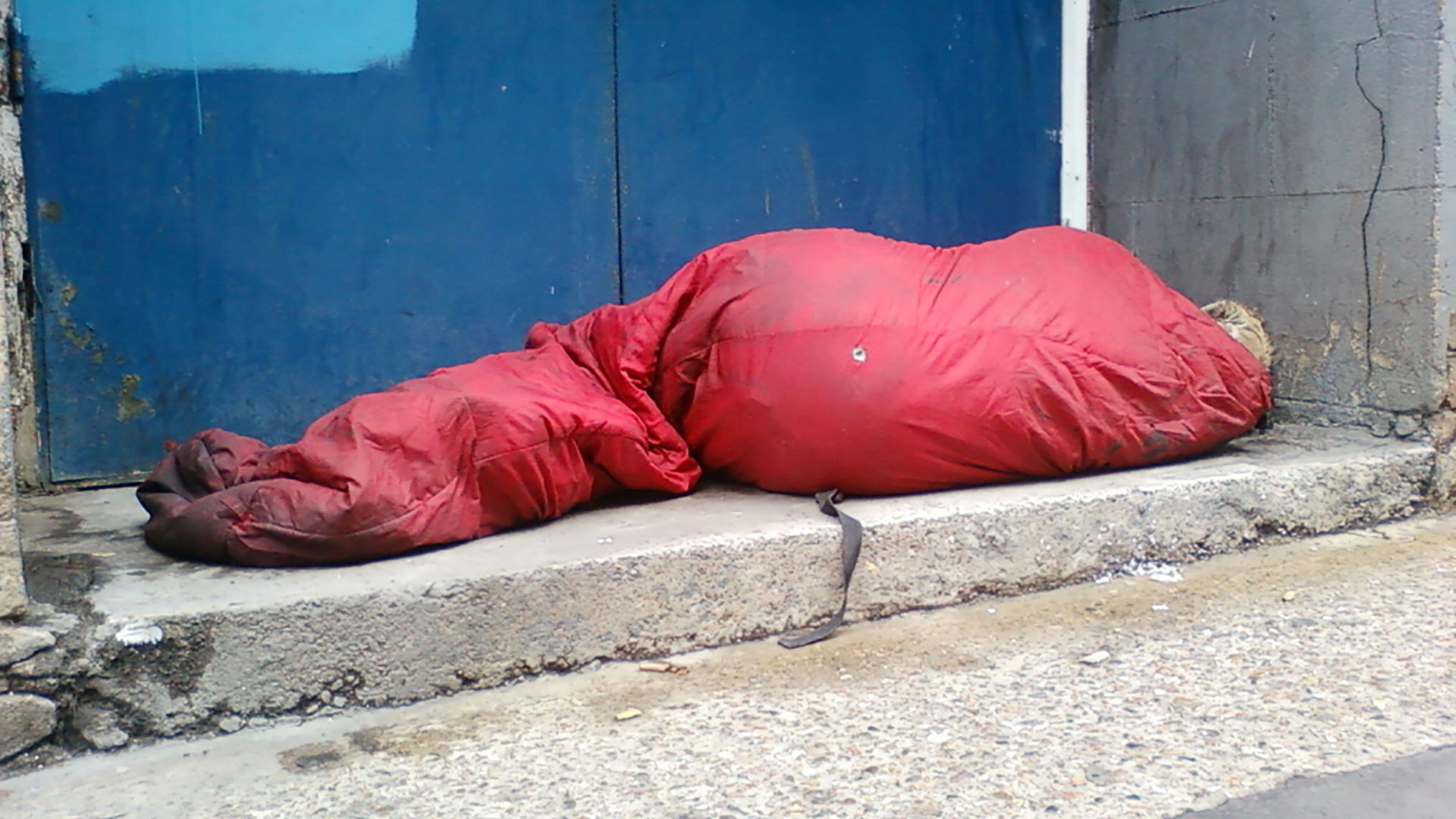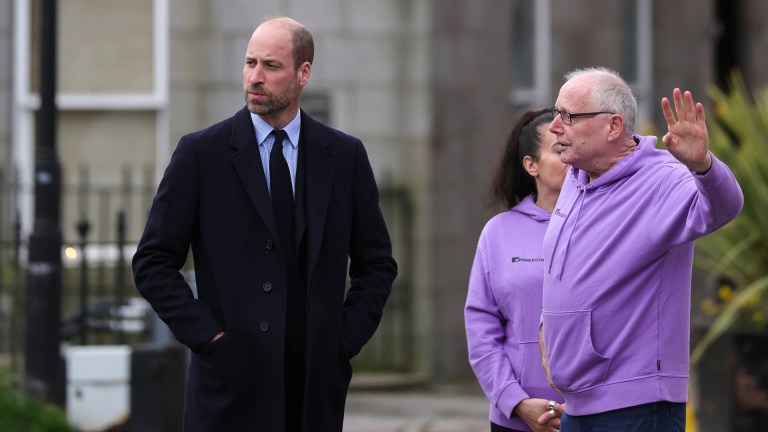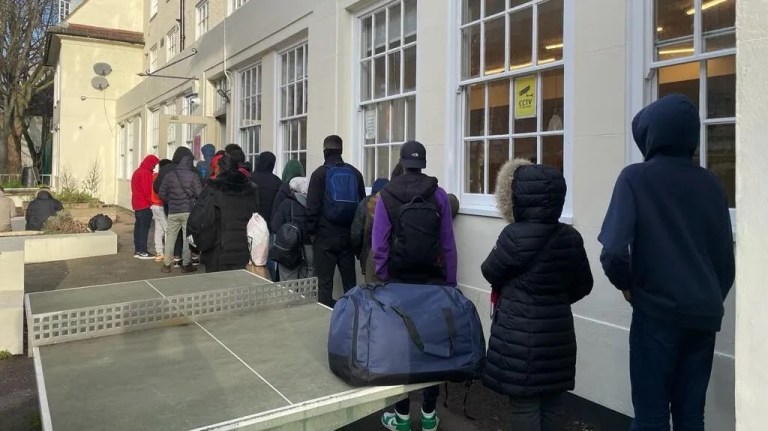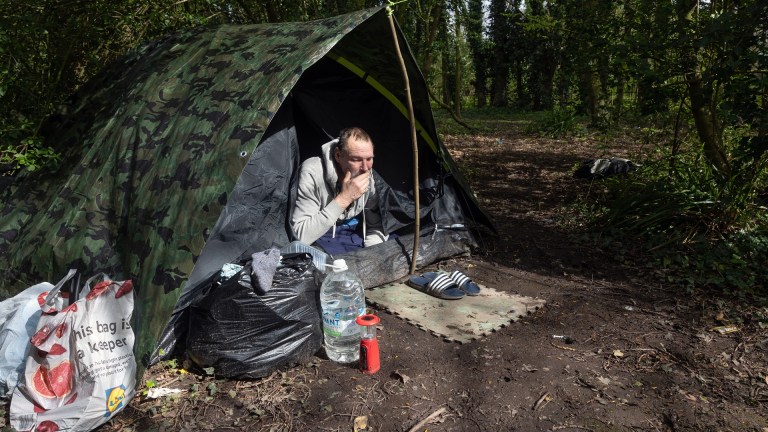Many rough sleeping migrants have no recourse to public funds (NRPF) or state support — a “hostile environment” policy — meaning already vulnerable groups like asylum seekers are not entitled to benefits and struggle to get help finding housing from local authorities.
Renae Mann, national director of NACCOM, the No Accommodation Network fighting to end destitution among migrants, told The Big Issue the plans were “callous and misinformed” and “completely ignore the root causes of homelessness”.
She added: “Ineffective, punitive government policies are often the direct cause of people’s homelessness. The just and humane response to rough sleeping is to provide safe housing and legal advice, not deportation.
“We need to end the hostile environment policies such as no recourse to public funds restrictions, which deny people the public safety net that would stop them from becoming homeless in the first place.
“The threat of deportation will prevent people with insecure immigration status, including people seeking asylum and those with refugee status, from coming forward for help. It will drive them further into homelessness, destitution and exploitative situations.”
Mann said if the Government is “serious about ending rough sleeping”, ministers must do more to enable local authorities to provide a safety net for migrants, rather than “making plans to deport them”.
Advertising helps fund Big Issue’s mission to end poverty
Local councils do not receive money to support people designated NRPF and earlier this year councils pleaded with central government to suspend the policy so they could do more to support people in local communities. Repeating the calls again last week, the Local Government Association said councils were not receiving enough funding to help all homeless people despite the high number with no recourse to public funds turning to them for support through the pandemic.
NACCOM supported LM, who said they had lived in the UK for 20 years but has no recourse to public funds. They slept rough before and during the pandemic before finding emergency accommodation.
They said: “I had indefinite leave to remain, this was revoked because I went to prison. In 2017 I was released from prison and immigration put a restriction on me, saying I wasn’t allowed to work, paid or unpaid and wasn’t allowed to claim any benefits.”
LM added: “[The NRPF policy] is violating human rights, it’s denying your basic needs. Yes, I committed a crime, but I did my time, and not just me. I met a lot of people: migrants, asylum seekers, and they were denied their rights to work or claim benefits.”
The new policy to deport rough sleepers was previously in place in the UK but was ruled unlawful by the high court in 2017.
Advertising helps fund Big Issue’s mission to end poverty
Polly Neate, CEO of Ride Out Recession Alliance member organisation Shelter, said: “Rough sleepers, no matter where they are from, are a symptom of a home-grown housing emergency.”
The Home Office spokesperson said: “We are committed to transforming the lives of some of the most vulnerable in society and to ending rough sleeping for good. This year alone the Government is spending over £700 million in total to tackle homelessness.
“The new rules provide a discretionary basis to cancel or refuse a person’s leave where they are found to be rough sleeping and refuse offers of support or are engaged in persistent anti-social behaviour. The new provision will be used sparingly and only where individuals refuse to engage with the range of support available.”










